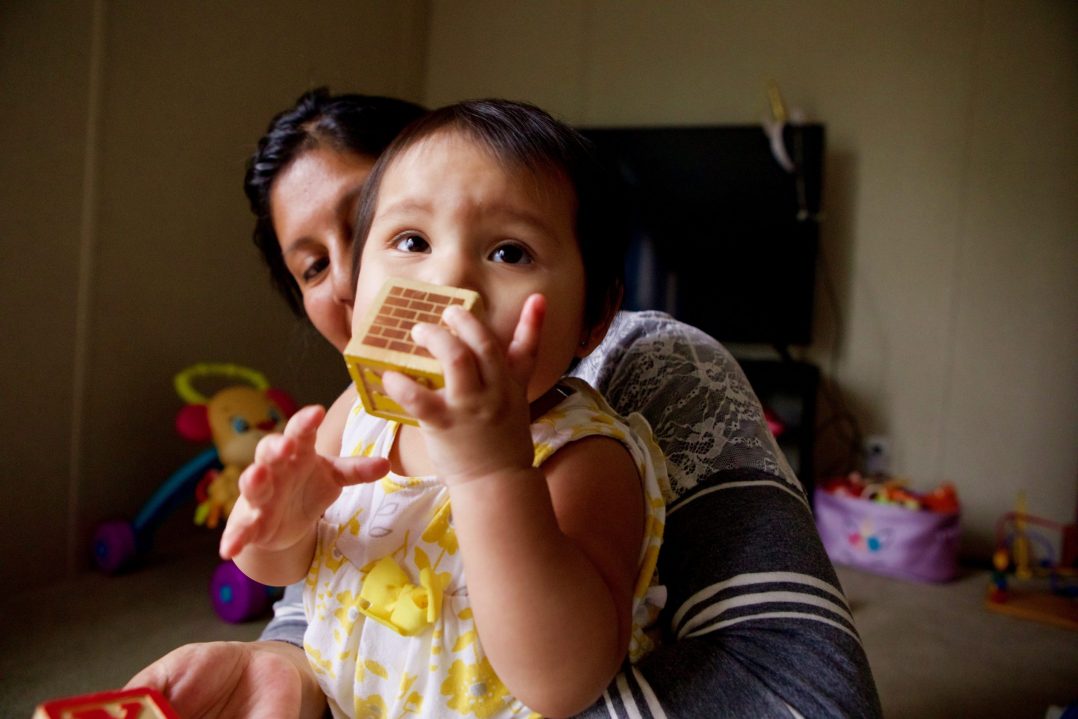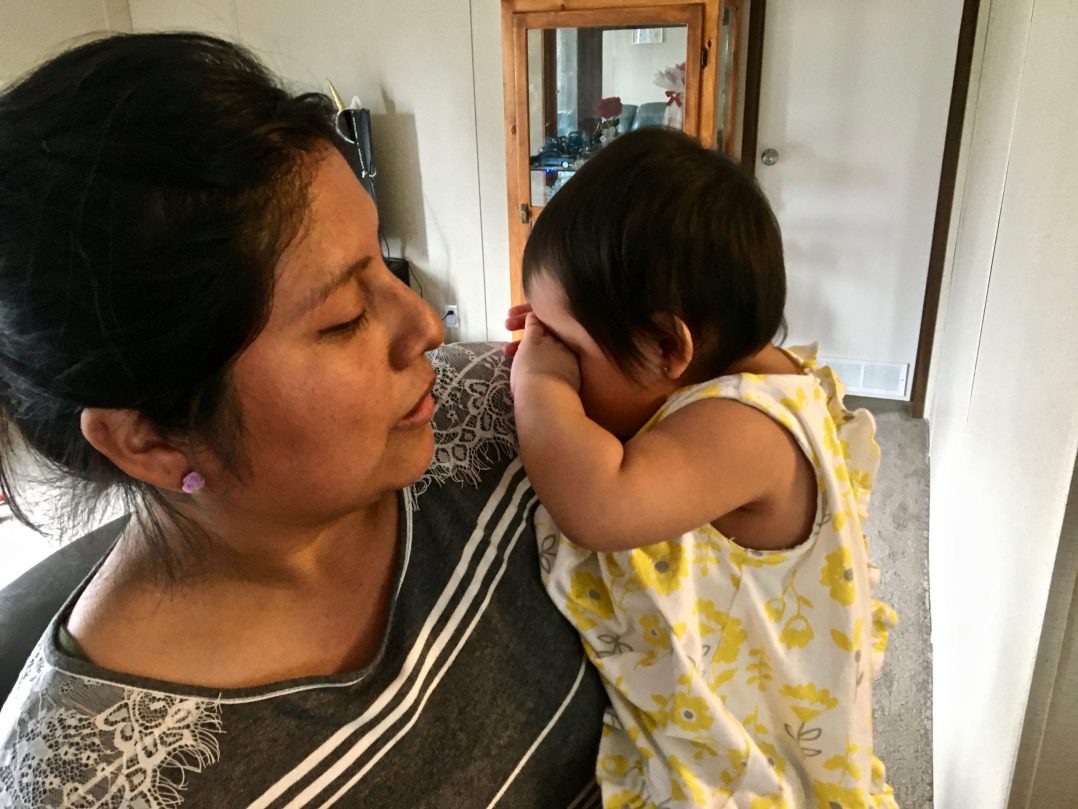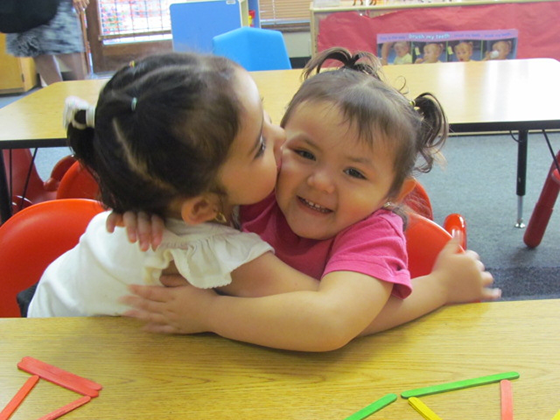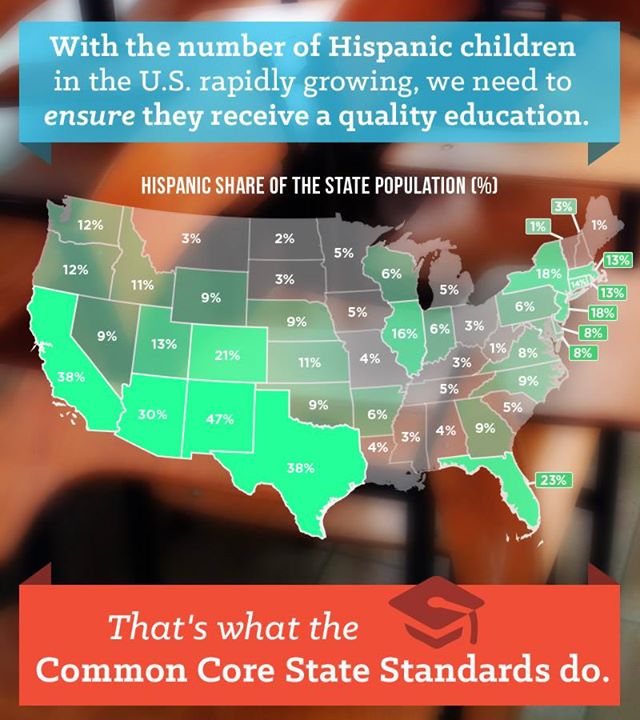GUEST COMMENTARY:
How To Use Your Voice to Improve the State of Babies

By Myra Jones-Taylor, Chief Policy Officer for the national early childhood development non-profit ZERO TO THREE.
There is a common belief that babies are too young to be affected by the events around them. It is actually quite the opposite. When babies don’t get what their growing brains need to thrive—especially during times of great stress—they don’t develop as they should. According to a new report from ZERO TO THREE, which state a baby is born in can have major implications for the rest of their life. But the data also confirm what many have long known—that Black and Brown babies start at a major disadvantage no matter where they are born. This leads to life-long developmental, educational, social, and health challenges for them, and lasting impacts for our nation.

The State of Babies Yearbook: 2020 makes it abundantly clear that systemic racism and social injustices adversely affect communities of color and that major inequities begin before birth, especially for Black children. This comprehensive look at how the state where a baby is born can influence whether or not they get a strong start in life includes a deeper look at equity and finds that Black and Brown infants and toddlers are more likely to be poor, to be born too small or too soon, and to live in environments that challenge their families’ security.
Recent protests around the country, as well as the COVID pandemic, have exposed long-standing cracks in the systems that support the development and well-being of infants and toddlers of color.The COVID-19 pandemic is like an earthquake. It has been sudden, unexpected, and it has impacted every family. But we also know that the ground has been shaking beneath families of color long before the nation was even founded. Many families with young children are now without an income due to the pandemic. Others are families of essential workers who must continue to work and put their own health and safety, as well as their families’, at risk. In the United States, Latinx families are more likely to be in low-wage jobs that have been impacted by the crisis or to be impacted by the virus directly due to long-standing health inequities. These factors all put added stress on families and their young children.

As national and state leaders continue to respond to this public health crisis and confront systemic inequities, it is critical that they hear directly from families who have been impacted. Take Joanna Arreola Castaneda from Lexington, Nebraska. In her local paper, she has called upon her members of Congress to Think Babies™ and act quickly to support the already fragile child care system in this country. She explains that the child care system needs to withstand this crisis so that families like hers can work and provide for their children’s basic needs.
Joanna’s words are powerful, but a letter to the editor isn’t the only way to be an advocate. There are so many ways for families to raise their voices and stateofbabies.org has a variety of tools to take action. By doing so, they can help ensure that all babies and toddlers have equitable opportunities to thrive.
If babies and families go without the support they need now, we will all pay the price in the future. That’s why we are proud to partner with UnidosUS as we urge our leaders to Think Babies™ and put in place policy solutions that will continue disaster response efforts while also raising up families that need support most.

ZERO TO THREE created Think Babies™ to make the potential of every baby a national priority. Funding partners for Think Babies™ include the Robert Wood Johnson Foundation, which supports public education aspects, and the Perigee Fund, which supports public education and advocacy aspects. Learn more at www.thinkbabies.org.




